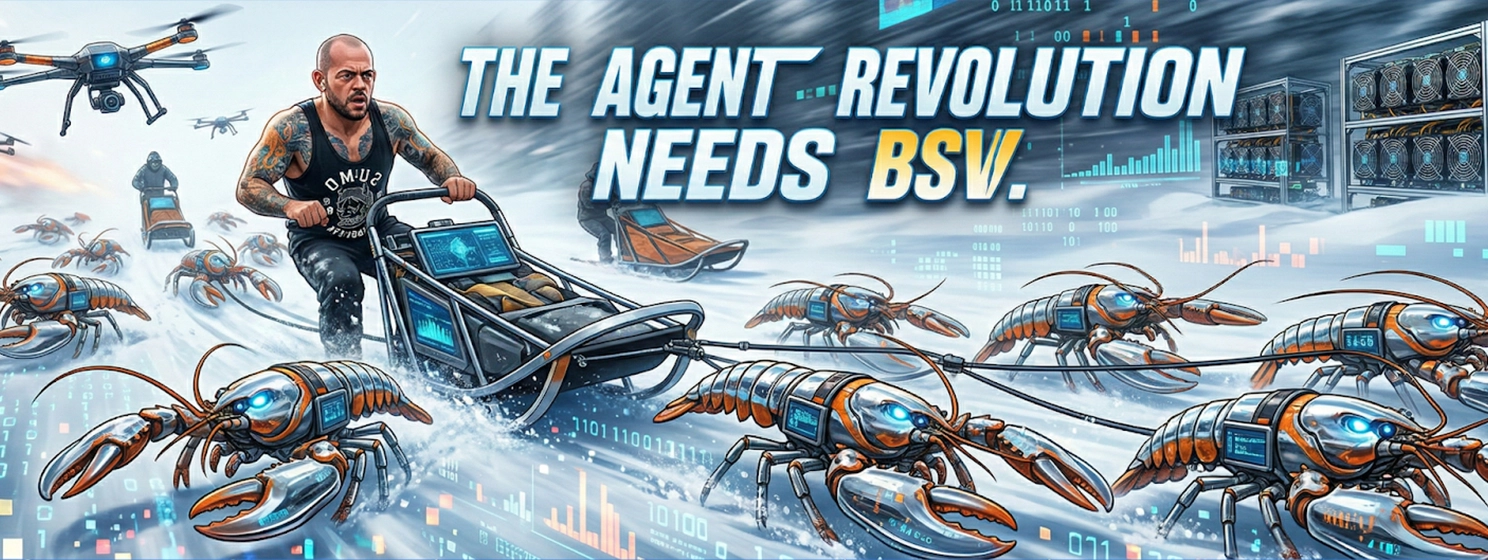Dr. Craig Wright talks to CoinGeek Backstage about the role of micropayments in Bitcoin, the problem with the internet today, and IPv6 in Bitcoin’s roadmap.
Click here to read the full article.
Recommended for you
The views expressed in this article are those of the author and do not necessarily reflect the position of CoinGeek.
March 3, 2026
Stablecoin rules stall as U.S. debates ‘yield v reward,' OCC backs GENIUS, Tether issues first USAT attestation, and Stripe warns...
March 3, 2026

 03-03-2026
03-03-2026 




